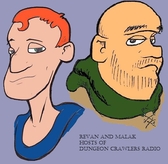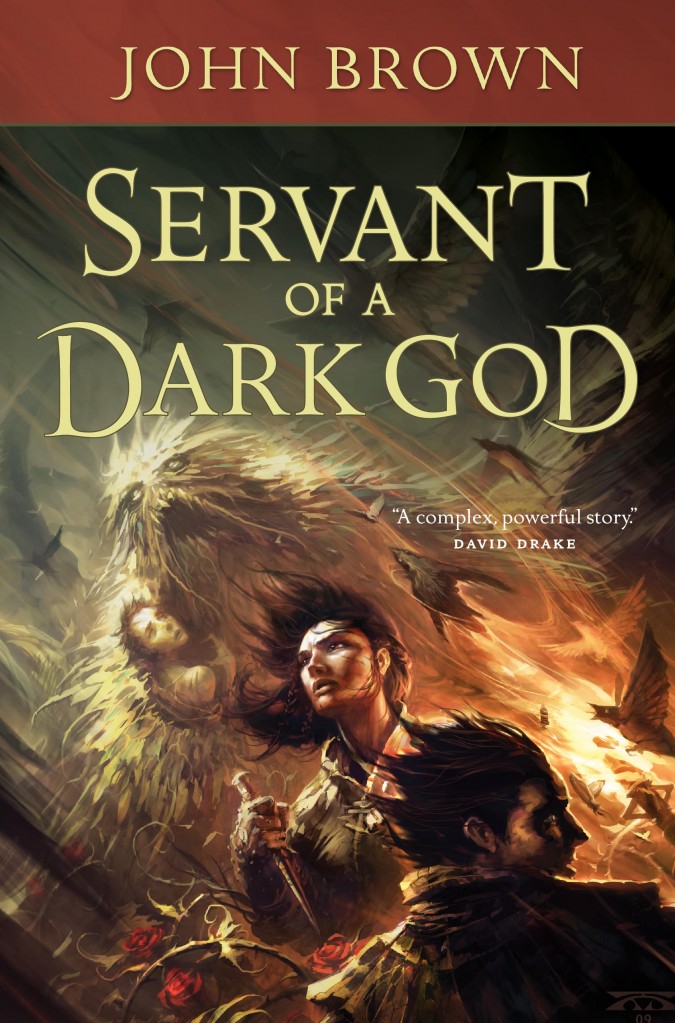 Interview with The Man Monday night
Interview with The Man Monday night
Dungeon Crawlers Radio interviews The Man Monday, March 8th at 10:30 PM MTN. You can listen live or to the archive they’ll post to their site. All brought to you by UtahFM. Malak and Revan are great guys. I had a blast with them.
Cool facts on breaking in, advances, etc. for writers
New page on writing facts & figures in the On Writing section.
Novel update
CURSE OF A DARK GOD is moving along. You should see the progress bar move along quite a bit this week.
Initial Schedule for American Fork Arts Council Conference for Writers
This is a cheap day-long writers conference and looks like it’s going to be another great one. I’ve highlighted what I’ll be doing in red. I’ll be making adjustments to the HOW TO WRITE A STORY THAT ROCKS presentation for things learned at LTUE.
Here’s their website. That night I’ll probably be attending the Whitney Awards Gala which is also being held down in Happy Valley, Utah.
DATE: Saturday April 24 2010
8-9 a.m. Registration
9-9:10 Welcome (Plenary)
KEYNOTES
9:10-9:40 Keynote #1 Ginger Churchill, “What I Wish I had Known as a Beginning Writer”
9:40-10:10 Keynote #2 Ally Condie, “My Journey to National Publication”
10:10-10:40 John D. Brown, “Aiming for National Publication”
INTRODUCTIONS of editors and authors
10:40-11:05 EDITORS: Derk Koldewyn, Granite NAME
AUTHORS: Caleb Warnock, Linda Jefferies, Shannon Guymon
11:05-11:20 15-minute break
11:20-noon BREAKOUT ONE
Upstairs room “Crafting the Novel” with Shannon Guymon, John D. Brown
Downstairs One “Finding and Working With an Agent” with Ginger Churchill, Ally Condie, Caleb Warnock
Downstairs Two “Taking Your Questions about Publishing” with Deseret Book and Granite Publishing
noon-1 LUNCH “Mix and Mingle with Authors and Editors”
1-1:40 BREAKOUT TWO
Conference One Derk Koldewyn of Deseret Book “What Deseret Book is looking for now”
Conference Two Ginger Churchill “How to Write and Publish Picture Books”
Upstairs room John Brown, “How to Write a Story That Rocks Part 1: First Principles & Story Concept”
Office room Caleb Warnock “10 Things Every Writer Should Know about Copyright”
Downstairs One Granite Publishing “What Granite is looking for now”
Downstairs Two Ally Condie “Writing Young Adult Fiction”
1:40-1:50 Ten-minute break
1:50-2:30 BREAKOUT THREE
Upstairs Room John Brown, “How to Write a Story That Rocks Part 2: Character”
Conference Two Ginger Churchill “Genres of Children’s Books, from Board Books to YA Novels”
Conference One Derk Koldewyn of Deseret Book “National Publication with Shadow Mountain”
Office room Caleb Warnock “How to Write the Query Letter”
Downstairs One Granite Publishing “Publishing Options with Granite”
Downstairs Two Shannon Guymon “How to Write Romance”
2:30-2:40 Ten-minute break
2:40-3:20 BREAKOUT FOUR
Upstairs Room John Brown, “How to Write a Story That Rocks Part 3: Plot”
Conference Two Ginger Churchill “How to be a Writer and a Mother Too”
Conference One Linda Jefferies “Writing Poetry”
Office room Caleb Warnock “Write a Synopsis? I’d Rather Gouge My Eyes Out!”
Downstairs One Ally Condie “Succeeding as an LDS author”
Downstairs Two Shannon Guymon “Writing Nonfiction”
3:20-3:30 Ten-minute break
3:30-4:10 BREAKOUT FIVE
Upstairs Room John Brown, “Writing Scenes: The Basic Units of a Novel”
Conference Two Ginger Churchill “Querying Agents and Publishers”
Conference One Linda Jefferies “Publishing Poetry”
Office room Caleb Warnock “Okay, You Were Rejected – Why, and What to Do Now”
Downstairs One “How to form a critique group that works”
Downstairs Two Shannon Guymon “Succeeding as an LDS Author”
4:10-4:20 PRIZE GIVEAWAYS, GOODBYE
REVISED (MAY CHANGE)




 Radio and TV have incredible power. But until the last decade they were always constrained by time and signal power. You had to listen when the station broadcast it, and you had to listen where you could pick up the signal.
Radio and TV have incredible power. But until the last decade they were always constrained by time and signal power. You had to listen when the station broadcast it, and you had to listen where you could pick up the signal. 










